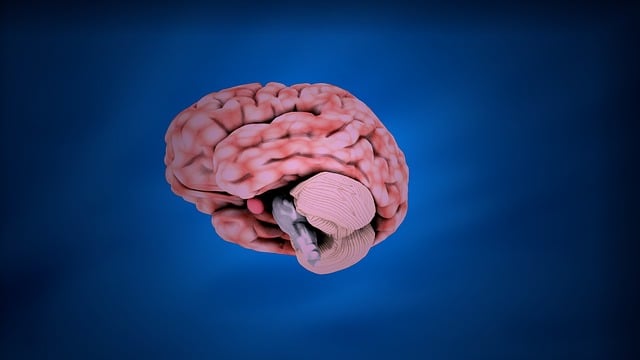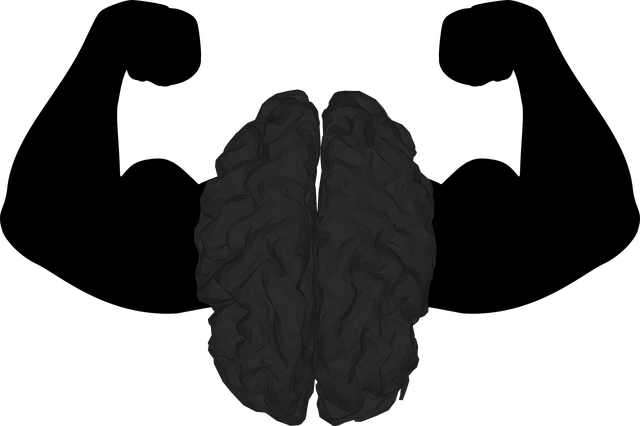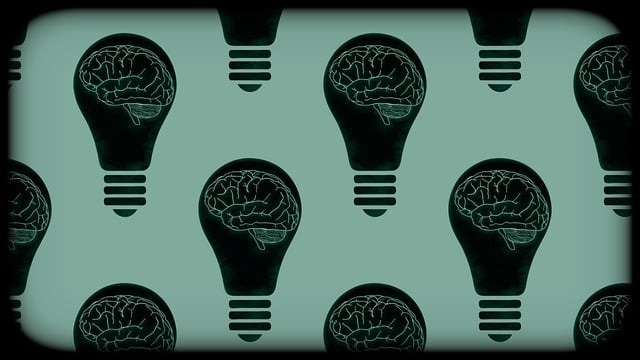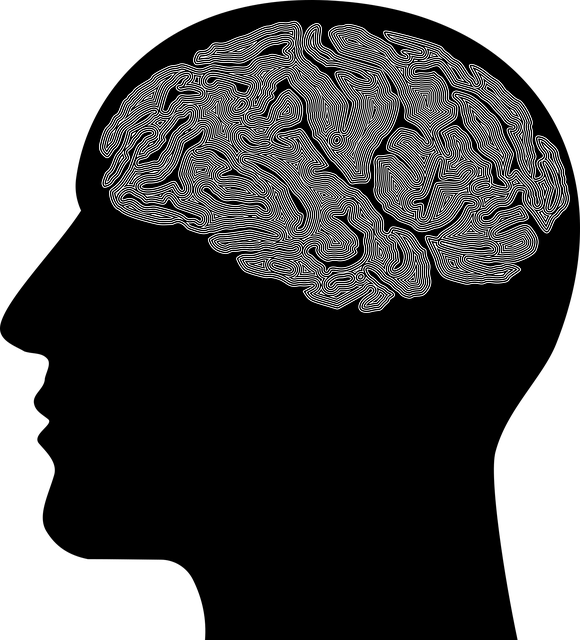Loss, grief, and bereavement are complex emotional processes variedly experienced by young adults, particularly those with a history of child abuse. Child abuse can have lasting impacts, complicating grief and requiring specialized therapy to process traumatic memories and develop healthy coping mechanisms. Young adults facing life transitions often need counseling, especially with past experiences like child abuse influencing their ability to cope. Therapeutic approaches include cognitive-behavioral therapy (CBT), emotional intelligence training, peer support groups, and journaling for emotional exploration and healing. Tailored therapy, stress management workshops, and community backing are vital for navigating grief, fostering resilience, and promoting mental wellness in young adults with complex pasts.
Grief and bereavement are profound experiences that can significantly impact an individual’s emotional well-being, especially during formative years. This article delves into the complex world of loss, offering a comprehensive overview of grief and bereavement counseling. We explore why young adults might require therapy, focusing on the unique challenges they face when navigating trauma and child abuse. Through therapeutic approaches tailored to their needs, individuals can find healing and build resilience, ensuring better mental health outcomes. Key topics include effective counseling strategies and available resources for those dealing with loss.
- Understanding Loss, Grief, and Bereavement: A Comprehensive Overview
- The Impact of Child Abuse on Emotional Well-being
- Why Young Adults Might Need Counseling for Loss and Grief
- Therapeutic Approaches in Grief Counseling for Young Adults
- Resources and Support for Navigating Grief After Trauma
Understanding Loss, Grief, and Bereavement: A Comprehensive Overview

Loss, grief, and bereavement are complex emotional processes that impact individuals differently across their lifespans. Understanding these concepts is crucial when considering therapy for young adults, especially those with a history of child abuse. Loss can result from various factors, including death, separation, or significant changes, leading to profound emotions such as sorrow, anger, guilt, and loneliness.
Grief is the natural response to loss, often characterized by a series of stages. However, it’s important to recognize that these stages are not linear, and individuals may experience them in different orders or skip certain stages altogether. Bereavement refers to the period after a significant loss when individuals begin to adjust and adapt to their new reality. It is during this time that many people seek therapy to cope with the intense emotions associated with their loss, particularly if they have experienced trauma, such as child abuse, which can complicate the grieving process and require specialized support.
The Impact of Child Abuse on Emotional Well-being

Child abuse, especially during formative years, can have profound and lasting effects on an individual’s emotional well-being. Survivors often grapple with a myriad of complex emotions, including fear, anger, guilt, and shame, which can significantly impact their ability to form healthy relationships and maintain mental wellness. Therapy for young adults who have experienced child abuse is crucial in helping them process these traumatic memories and develop effective coping mechanisms.
Through specialized therapy sessions, particularly focusing on emotional regulation techniques, individuals can learn to manage and express their feelings healthily. This process facilitates a boost in confidence and promotes the development of resilience, enabling them to break free from the cycle of abuse and build a positive sense of self. By addressing past traumas and fostering mental wellness, counseling provides a pathway towards healing and personal growth.
Why Young Adults Might Need Counseling for Loss and Grief

Young adults, often facing significant life transitions and navigating complex emotions, may find themselves in need of counseling for loss and grief. This demographic experiences unique challenges that can contribute to heightened vulnerability during times of sorrow. Past experiences such as child abuse or other traumatic events can profoundly impact an individual’s ability to cope with loss. Therapy offers a safe space for young adults to process these traumas, fostering the development of healthy coping mechanisms.
Furthermore, cultural sensitivity in mental healthcare practice plays a crucial role. Recognizing and understanding the diverse cultural backgrounds and beliefs of young adults allows therapists to provide tailored support. By integrating culturally responsive practices, professionals can enhance emotional regulation, enabling individuals to navigate grief journeys with increased resilience and dignity.
Therapeutic Approaches in Grief Counseling for Young Adults

Grief counseling tailored for young adults often incorporates a range of therapeutic approaches to help them navigate their emotions and cope with loss. One effective method is cognitive-behavioral therapy (CBT), which focuses on identifying and changing negative thought patterns associated with grief. By challenging unhelpful beliefs, CBT enables young adults to reframe their understanding of the loss, fostering resilience and improved emotional regulation. This therapy also encourages the development of healthy coping strategies, such as problem-solving skills and stress management techniques, which can be particularly beneficial for those who may struggle with burnout prevention.
Additionally, incorporating elements of emotional intelligence (EI) into grief counseling can significantly enhance the healing process. EI training helps young adults recognize and manage their emotions effectively, allowing them to build a deeper understanding of themselves and others. This increased self-awareness and empathy can be especially valuable for those who have experienced childhood trauma or child abuse, as it promotes healthy interpersonal relationships and enhances overall mental wellness. Mentoring and peer support groups facilitated by counselors can further strengthen this process, offering a safe space for sharing experiences and engaging in journaling exercises to track emotional journeys—a powerful mental wellness journal guidance technique.
Resources and Support for Navigating Grief After Trauma

Navigating grief after a traumatic event can be particularly challenging, especially for young adults who may be dealing with issues like child abuse or other complex past experiences. Fortunately, resources and support are available to help individuals process their emotions and heal. Therapy for young adults specializing in trauma can provide a safe space to explore these difficult feelings, using evidence-based practices such as cognitive behavioral therapy (CBT) and eye movement desensitization and reprocessing (EMDR).
In addition to professional counseling, developing a robust self-care routine is essential for managing stress and cultivating positive thinking. Organizations offering stress management workshops can equip individuals with valuable tools for coping with grief and anxiety. By combining therapy, self-care practices, and community support, those navigating bereavement after trauma can find strength and resilience on their journey towards healing.










